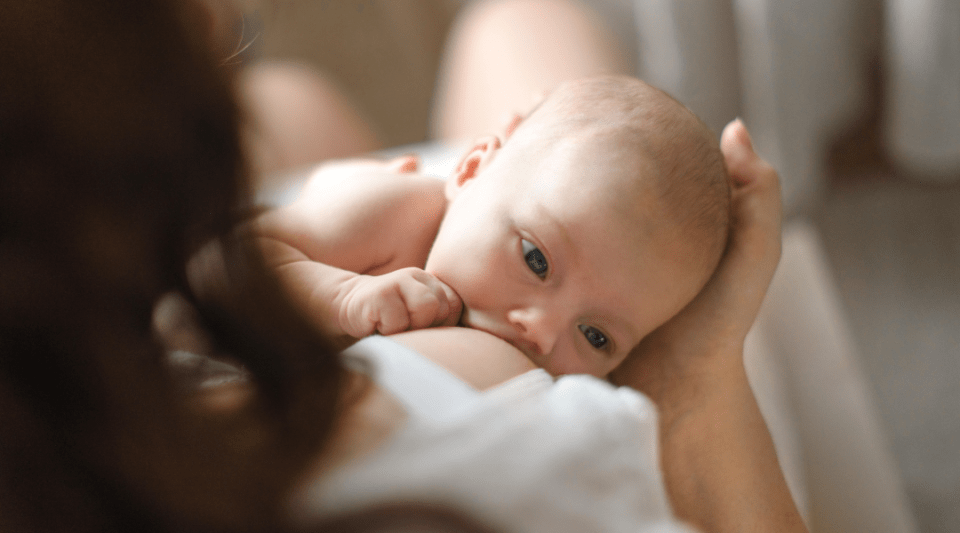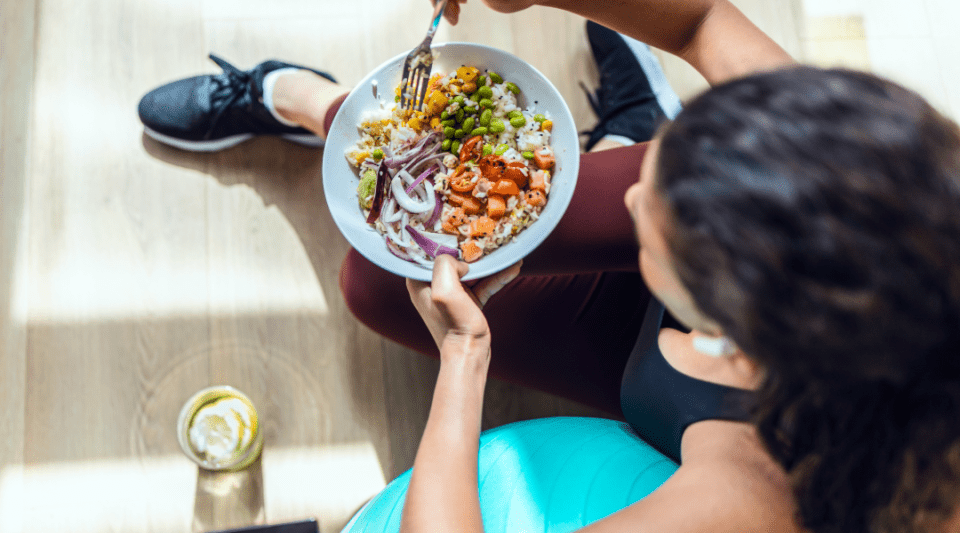Mothers’ milk is the best food for a newborn baby in the first months of life. As a food, it has a high nutritional and metabolic profile, and contains numerous constituents that protect the baby against infections and help its development. Specifically, breast milk has been related to the reducing the risk of several complications in premature babies, such as necrotising enterocolitis, and to an improvement in neurological development. For all these reasons, the promotion of breastfeeding in mothers and the donation of human milk are so important.
Milk banks supply neonatal services with donated human milk, when patients cannot be breastfed by their own mothers. This promotes exclusive feeding with human milk and protects premature babies from intestinal or infectious complications that can put their lives in danger.
The main beneficiaries of breast milk donations are premature babies, whose mothers may not be producing breast milk, for a number of reasons.
Who can be a donor?
You must meet several requirements to donate milk: have breastfeeding properly established, be in good health and maintain healthy lifestyle habits.
You cannot donate milk if you are taking certain medications regularly, drink alcohol, smoke or take drugs. You will also not be able to donate if you have certain chronic or infectious diseases, such as human immunodeficiency virus (HIV) or hepatitis B or C, among others.
In addition, milk bank professionals must be informed if medications, vitamin supplements or medicinal herbs are being taken during the donation period; if any surgery, vaccine or blood product transfusion is required; or if the mother has any acute or infectious disease, among other things. These circumstances may mean a temporary or permanent exclusion from donation.
How to become a breast milk donor
-
Call any donation centre. These are the centres enabled in Catalonia.
-
Be proposed by health professionals. The neonatology team at the Hospital Clínic, Barcelona actively inform potential breast milk donors whose newborns are admitted to the Neonatal Unit.
-
An appointment will be made, in which an interview arranged with specific personnel accredited for donor selection will be conducted and a blood test performed.
-
If the interview and analysis conclude the woman is suitable to be a donor, the personnel will explain the method of expressing the milk (using a manual breast pump, which is provided), how to preserve it until donation and delivering it via the Milk bank collection/delivery service.
Some simple hygiene requirements must also be taken. Before starting to express breast milk, you must wash your hands and nails thoroughly with plenty of soap and water and dry them well with single-use paper. You should also tie your hair up, while some milk banks recommend wearing a face mask when expressing milk. Daily showering is enough to keep the breast clean. The removable parts of the breast pump must be sterilised daily (with boiling water or by using “specific microwave kits”).
You can donate the amount of milk you wish; there is no minimum volume of milk or specific period of time required. Similarly, you can stop being a donor whenever you want by simply informing the milk bank. However, you must continue to inform the milk bank of any change in your health or medication, vaccine or medical test needs, etc.
If you have any questions, phone the milk donation team at the Banc de Sang i Teixits de Catalunya.
INFORMATION DOCUMENTED BY:
Cristina Borràs, neonatologist at the Neonatology Department, Hospital Clínic, Barcelona.
Ana Herranz, neonatologist at the Neonatology Department, Hospital Clínic, Barcelona.
Erika Sánchez, nurse coordinator, Neonatology Department, Hospital Clínic, Barcelona.






